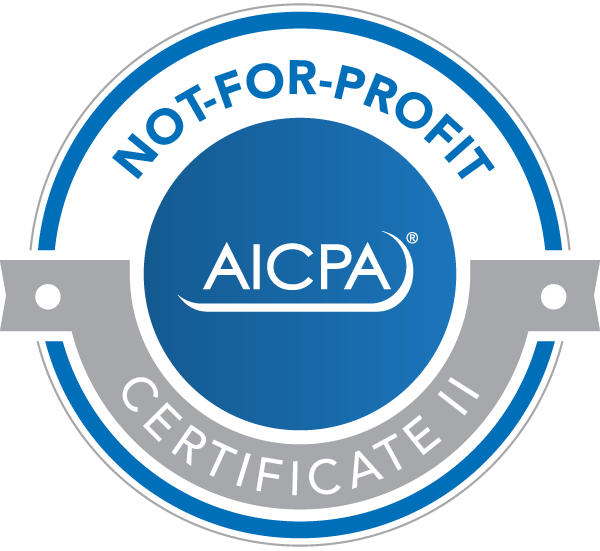If you’ve recently begun receiving disability income, you may wonder how it’s taxed. The answer is: It depends.
The key issue is: Who paid for the benefit? If the income is paid directly to you by your employer, it’s taxable to you just as your ordinary salary would be. (Taxable benefits are also subject to federal income tax withholding. However, depending on the employer’s disability plan, in some cases they aren’t subject to Social Security tax.)

Frequently, the payments aren’t made by an employer but by an insurance company under a policy providing disability coverage. In other cases, they’re made under an arrangement having the effect of accident or health insurance. In these cases, the tax treatment depends on who paid for the insurance coverage. If your employer paid for it, then the income is taxed to you just as if it was paid directly to you by the employer. On the other hand, if it’s a policy you paid for, the payments you receive under it aren’t taxable.
Even if your employer arranges for the coverage (in a policy made available to you at work), the benefits aren’t taxed to you if you (and not your employer) pay the premiums. For these purposes, if the premiums are paid by the employer but the amount paid is included as part of your taxable income from work, the premiums will be treated as paid by you. In these cases, the tax treatment of the benefits received depends on the tax treatment of the premiums paid.
Illustrative example
Let’s say Max’s salary is $1,000 a week ($52,000 a year). Additionally, under a disability insurance arrangement made available to him by his employer, $10 a week ($520 annually) is paid on his behalf by his employer to an insurance company. Max includes $52,520 in income as his wages for the year ($52,000 paid to him plus $520 in disability insurance premiums). Under these facts, the insurance is treated as paid for by Max. If he becomes disabled and receives benefits under the policy, the benefits aren’t taxable income to him.
Now assume that Max includes only $52,000 in income as his wages for the year because the amount paid for the insurance coverage qualifies as excludable under the rules for employer-provided health and accident plans. In this case, the insurance is treated as paid for by the employer. If Max becomes disabled and receives benefits under the policy, the benefits are taxable income to him.
There are special rules if there is a permanent loss (or loss of the use) of a member or function of the body or a permanent disfigurement. In these cases, employer disability payments aren’t taxed, as long as they aren’t computed based on amount of time lost from work.
Social Security disability benefits
This discussion doesn’t cover the tax treatment of Social Security disability benefits. They may be taxed to you under the rules that govern Social Security benefits.
Needed coverage
In deciding how much disability coverage you need to protect yourself and your family, take the tax treatment into consideration. If you’re buying the policy yourself, you only have to replace your “after tax” (take-home) income because your benefits won’t be taxed. On the other hand, if your employer is paying for the benefit, keep in mind that you’ll lose a percentage of it to taxes. If your current coverage is insufficient, you may want to supplement the employer benefit with a policy you take out on your own. Contact us if you’d like to discuss this issue.
- Evaluate whether a Health Savings Account is beneficial to you - September 19, 2023
- Investment swings: What’s the tax impact? - September 12, 2023
- Plan now for year-end gifts with the gift tax annual exclusion - September 5, 2023
- Selling your home for a big profit? Here are the tax rules - August 29, 2023
- The tax consequences of employer-provided life insurance - August 22, 2023









